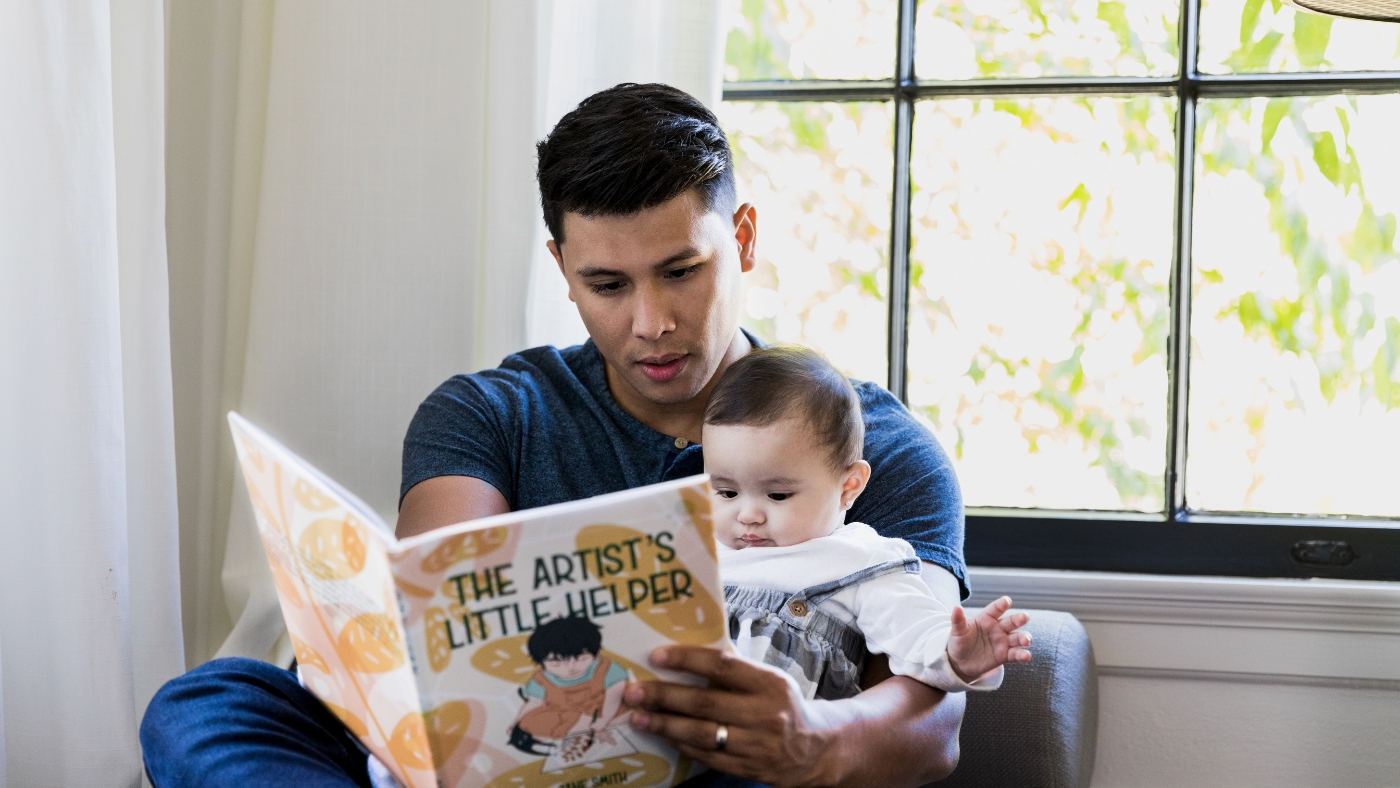
Language is a fundamental aspect of human communication and learning. Introducing language skills to children in a playful and engaging manner can spark their curiosity and foster a love for reading and writing.
Montessori education emphasizes hands-on learning experiences, and Montessori language toys offer an interactive approach to introduce letters, sounds, and words.
In this blog post, we will delve into the world of Montessori language toys and discuss how they can facilitate language learning through play.
Letter Puzzles: Discovering the Alphabet
Montessori letter puzzles are a valuable tool for introducing children to letters and their corresponding sounds. These puzzles often feature individual letter pieces that fit into corresponding spaces on a puzzle board. Through manipulating and fitting the letters, children explore the alphabet, learn letter recognition, and develop phonemic awareness.
Benefits of Letter Puzzles
Letter Recognition
Letter puzzles provide a hands-on approach to learning the alphabet, helping children become familiar with letter shapes and forms.
Phonemic Awareness
As children engage with letter puzzles, they develop an understanding of letter sounds, setting the foundation for reading and writing.
Fine Motor Skills
Manipulating the puzzle pieces and fitting them into the correct spaces improves fine motor skills and hand-eye coordination.
Cognitive Development
Letter puzzles engage children in critical thinking as they analyze and problem-solve to complete the puzzle.
Phonics Games: Exploring Sounds and Words
Phonics games are an effective way to engage children in language learning by focusing on letter-sound relationships and word formation. Montessori phonics games often involve matching letter cards with corresponding picture cards or arranging movable letters to form words. These games encourage children to explore sounds, blend letters, and build early reading skills.
Benefits of Phonics Games
Phonics Skills
Phonics games introduce children to letter-sound relationships, helping them understand how individual letters combine to form words.
Vocabulary Development
Through phonics games, children learn new words and expand their vocabulary as they connect letters and sounds with meaningful objects or images.
Reading Readiness
By engaging in phonics games, children develop the foundational skills necessary for reading, such as decoding, blending, and segmenting sounds.
Problem-Solving
Phonics games require children to analyze, think critically, and make connections between letters and sounds, fostering problem-solving skills.
Montessori language toys provide an interactive and playful approach to introducing letters, sounds, and words to children. Through letter puzzles, children explore the alphabet, develop letter recognition, and build phonemic awareness. Phonics games engage children in letter-sound relationships, vocabulary development, and early reading skills. These hands-on activities not only facilitate language learning but also enhance fine motor skills, cognitive development, and problem-solving abilities.
By incorporating Montessori language toys into playtime, parents and educators can create an environment that fosters a love for language, reading, and writing. As children immerse themselves in playful language exploration, they will develop a strong foundation in literacy skills, ignite their curiosity, and embark on a lifelong journey of language learning.
So, let language learning become a joyful and engaging experience for your child through the wonders of Montessori language toys. Witness the power of play as it unlocks their potential and opens up a world of words and imagination.